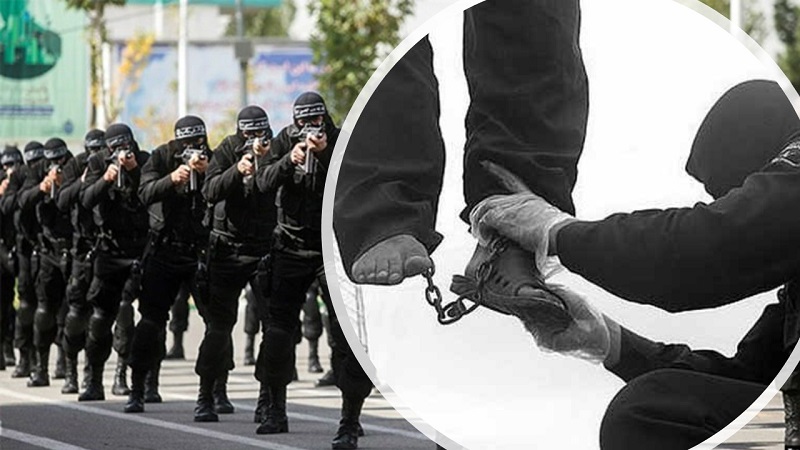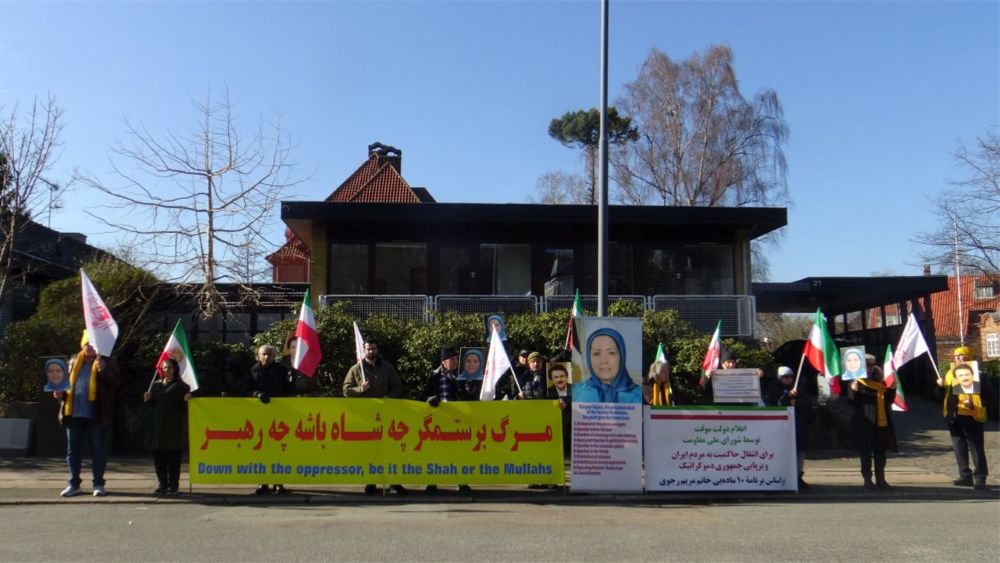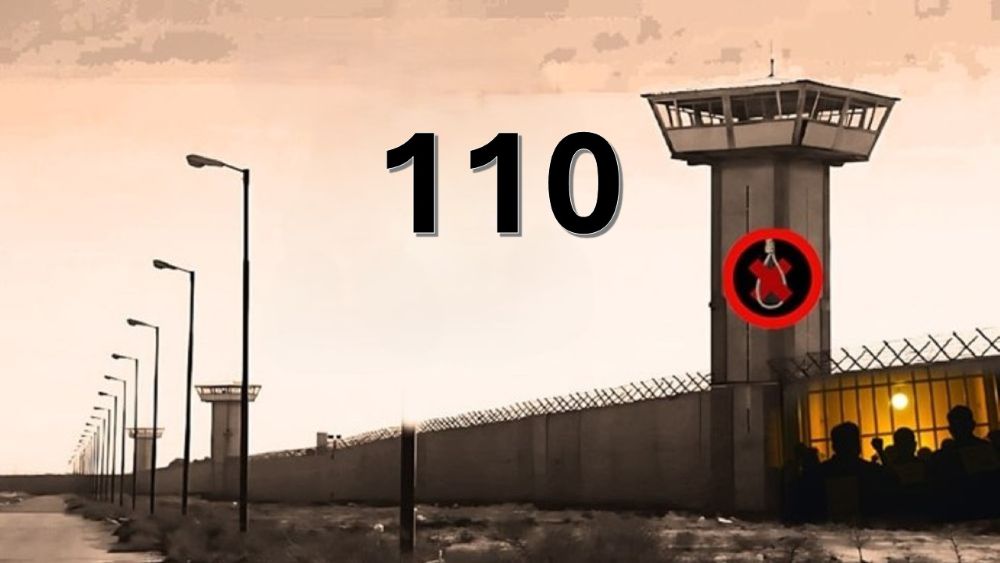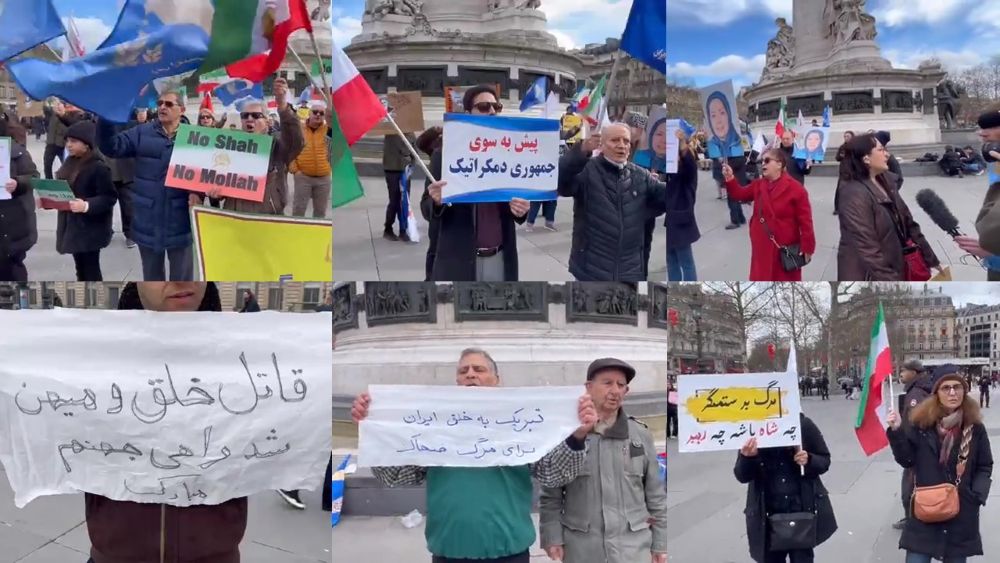
In recent months, the number of executions carried out in Iran have increased at an alarming rate. This escalation was predicted with the ascension of Ebrahim Raisi to the role of president of the Iranian regime last year, the same man who was heavily involved in the massacre of over 30,000 political prisoners in 1988.
In findings by the UN Special Rapporteur on the Situation of Human Rights in Iran, Javaid Rehman, around 275 executions were carried out by the regime in Iran during 2021, a number which is expected to be exceeded by the end of this year.
The People’s Mojahedin Organization of Iran (PMOI/MEK) said, “Authorities are imposing pressure on prisoners by denying them healthcare, depriving them of basic facilities, and more. Meanwhile, security forces have increased their repression of the population, arresting protesters, humiliating the youth in public, and destroying the homes of impoverished people and the makeshift shops of street vendors.”
Following the November 2019 uprising, many protesters, along with their family members, were arrested and prosecuted. This is just an example of what the regime resort to in order to suppress the freedoms of the Iranian people. In recent months, the regime has now begun a campaign to roll out the complete censorship of the internet, and access to social media across the country.
In recent years, the increased levels of violence and repression that the regime have used against society is greatly reflecting their inability to actually address the needs of the Iranian people, who feel they have no choice but to shout for their voices to be heard and demand for their most basic rights.
The state of affairs in Iran is almost beyond repair, with a crumbling economy that has reached its worst ever state since the mullahs came to power following the Iranian revolution in 1979. The severity of the situation is so bad that even the state-run media are acknowledging it.
The MEK said, “On the nuclear front, [the regime] is at an impasse. On the one hand, it is desperately in need of sanctions relief, while on the other, it does not have any room to make concessions on its nuclear program.”
Across the Middle East, the regime’s influence over Iran’s neighboring countries is fading fast. Millions of people in the region are growing resistant to the regime meddling with the affairs in their home countries, and are making it clear that they do not want the regime intervening.
The regime already has its own issues to contend with. They are becoming increasing afraid of the unrest in Iranian society, and the popularity of the Iranian Resistance, who are helping the Iranian people to fight back against their oppressors. The network of MEK activists inside Iran, known as Resistance Units, have been steadily increasing their activities on the streets of Iran over the past few months, causing regime officials and leaders to run scared, fearing that the ruling dictatorship will be overthrown.
The MEK said, “Protests are becoming more frequent, larger, and more organized. Farmers, teachers, workers, nurses, pensioners, and people from all walks of life and segments of society are organizing protest movements, and with each passing day, their slogans are becoming more political in nature and directed toward the corrupt heads of the state.”
Among the protesters at demonstrations across Iran are teachers, doctors and nurses, middle-class professionals who have been forced into poverty by the state of the Iran’s economy, at the hands of the corrupt regime. With the middle class in Iran all but wiped out, it is no wonder that the protests in Iran are growing in size and numbers as more and more people fall below the poverty line on a daily basis.
The regime is powerless to make any significant changes to help the Iranian people and the crises they are facing. The only weapon in their arsenal is to ramp up its repressive measures and levels of violence, but even that topic is a sore point within the government, as officials continue to argue over the best methods to control society.
In response to the latest internet censorship bill, one of the regime’s MPs questioned, “Why are we trying to destroy ourselves.” Other MPs made reference to Iranian society and the growing unrest and warned that it will only get worse, despite the regime dispatching security forces to the streets to keep control.
The state-run Mardom Salari newspaper previously wrote in their publication that the, “Fear of the people and extreme stupidity is manifesting itself in opposition to internet.”



